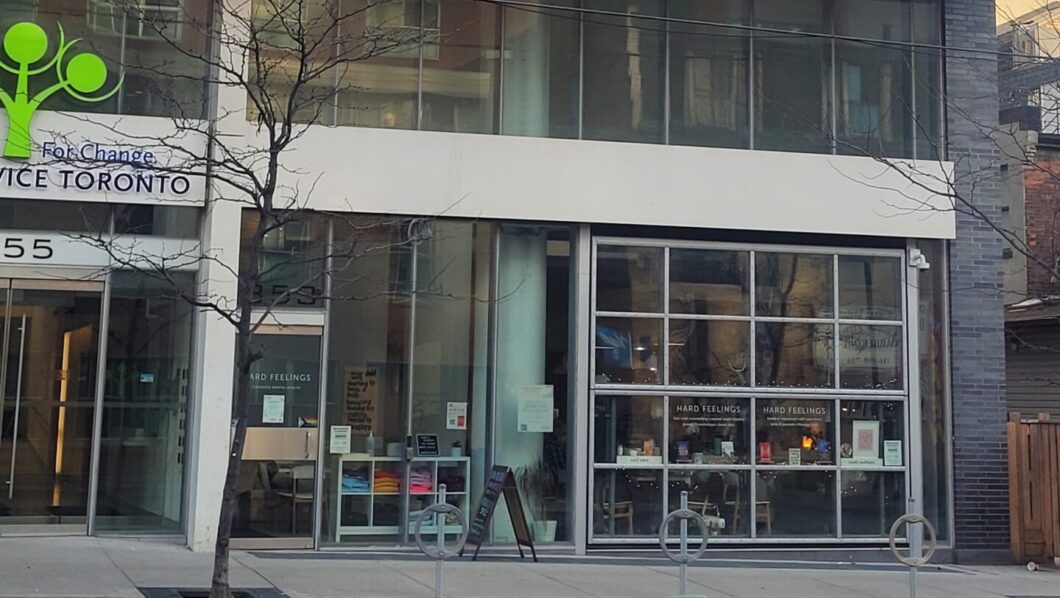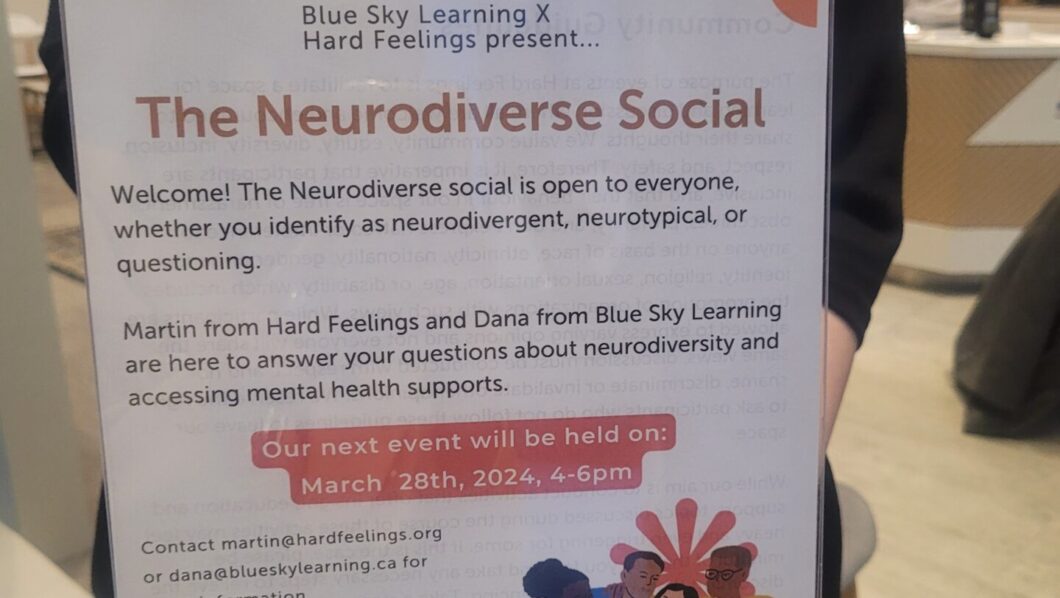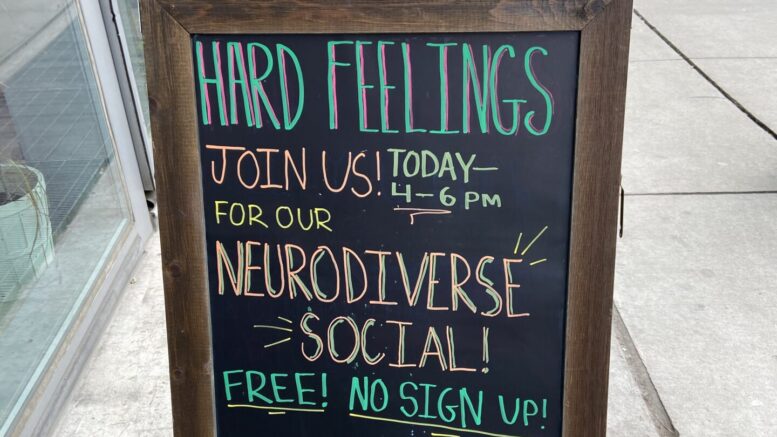Resources for people with ADHD in East York are becoming more accessible because people are talking more about ADHD and other neurodiverse conditions, an ADHD coach says.
In East York specifically, the “availability for support groups and services is increasing due to the ongoing conversation,” said Dana Daniels, an educator and founder and CEO of Blue Sky Learning.
“There are just different ways to approach your own holistic accommodation and understanding of your identity. So I’m really excited to see the landscape starting to shift for different modalities being embraced in the area,” Daniels said.
Many of the available in-person ADHD resources are located in downtown Toronto. For those who also live outside of the city, or with mobility struggles, online resources are often more convenient than travelling downtown.
Currently, the majority of East York’s resources are online models, like online therapy and online group meetings, based on research done by the Toronto Observer. Since the COVID-19 pandemic, more resources have been moved to the online model and remained online to provide a wider scope of resource availability.


ADHD stands for Attention Deficit Hyperactivity Disorder, and affects attention, focus and impulse control in approximately 1.8 million Canadians through life into adulthood, and the stigma around its symptoms may contribute to many going undiagnosed, or being diagnosed later in life.
“Often this profile is someone who would never have perceived a deficit of any kind, or what some would define as a deficit, because they’ve been successful, and they just have to try harder,” said social worker Dr. Bethany Good (PhD SW, MSW, RSW), whose specializations range from ADHD and neurodivergence, in children and adults, to adoption. “Or they find themselves just having to kick themselves in the butt, or they leveraged stress. They actually don’t realize that their anxiety and stress has been a tool to compensate for things they didn’t realize were associated with traits of ADHD.”
It is a learning disability that holds a lot of misconception and gendered research, which adds to the difficulties throughout the diagnostic and treatment process. As a neurological condition, ADHD affects day-to-day life in many ways, from the varying symptoms, rejection sensitivity (RSD), and shame that may follow.
Misconceptions, challenges and dismissivness
ADHD doesn’t look a specific way, for many reasons. Many learn to mask their internal struggle from a very young age. There are also three subtypes of the disorder; It isn’t always hyperactivity in children, it may be inattentive ADHD, or even manifest as anxiety, difficulty learning, or studying.
Many individuals who are successful may not believe they have it, as symptoms are varied person to person, but notice difficulty later due to lifestyle changes and transition times in life, especially for women.
“The misconception is, this is a bandwagon, it’s not a real thing. I’m not really interested in medication, right?” Good said, “so it’s perceived that people are just wanting to get onto the stimulant bandwagon and find excuses for their bad habits. So even people who are coming for challenges when that is introduced, and I’ll just bring it up as some traits or examples, that’s the dismissiveness.”
Dismissiveness creates barriers to diagnosis, acceptance, accommodation and treatment, through social stigma and lack of understanding for what ADHD truly is.
Finding help in community
For some individuals, self-help is as simple as finding like-minded individuals or support groups discuss shared experiences and socialize with. Feeling connected to a group with similar experiences often helps people with ADHD open up about their struggles, and find new strategies to manage them.
Since COVID-19 pushed people to utilize online meetings when possible, accessibility is becoming less of a barrier. Still, those who struggle with mobility or neurological comorbidities, can find travelling for events to be more difficult in the colder months of the year.
In addition to The Neurodiverse Social, held on the last Thursday of every month, Blue Sky Learning on its online platform hosts co-working Thursdays and Fridays to help with accountability for daily tasks when dopamine deficiency causes a lack of motivation, as well as online coaching.
“This year, I think we will be looking at hosting some more summertime activities,” Daniels said. “So some more in-person opportunities, when the weather is a bit nicer, so folks have some easier access points.”
“Just with weather barriers, in terms of the barometers, some of our folks struggle with just chronic flare ups [of comorbidities] or chronic illness or acute flare ups with disability,” Daniels said. “So, the summertime can offer a bit more of that flexibility for folks to access in-person events and spaces.”
Coming up, Blue Sky Learning will be hosting a Neurodiversity celebration during Autism acceptance month on April 28, and a learning strategies event to be scheduled in October.

